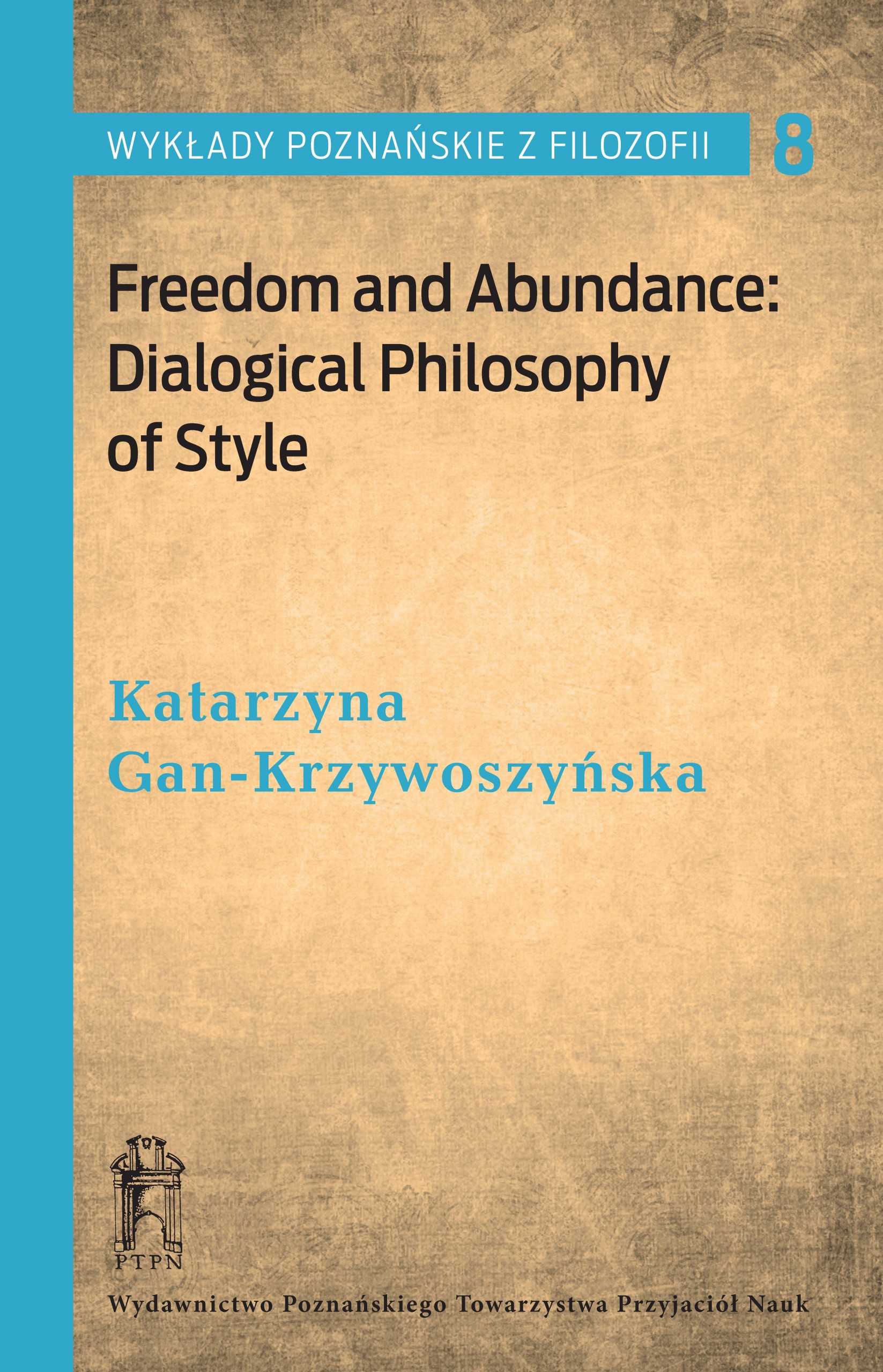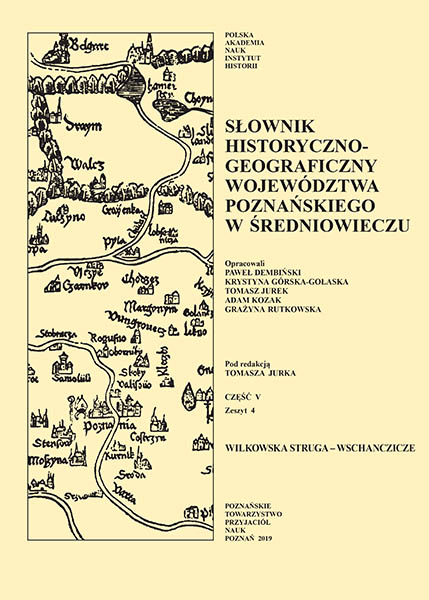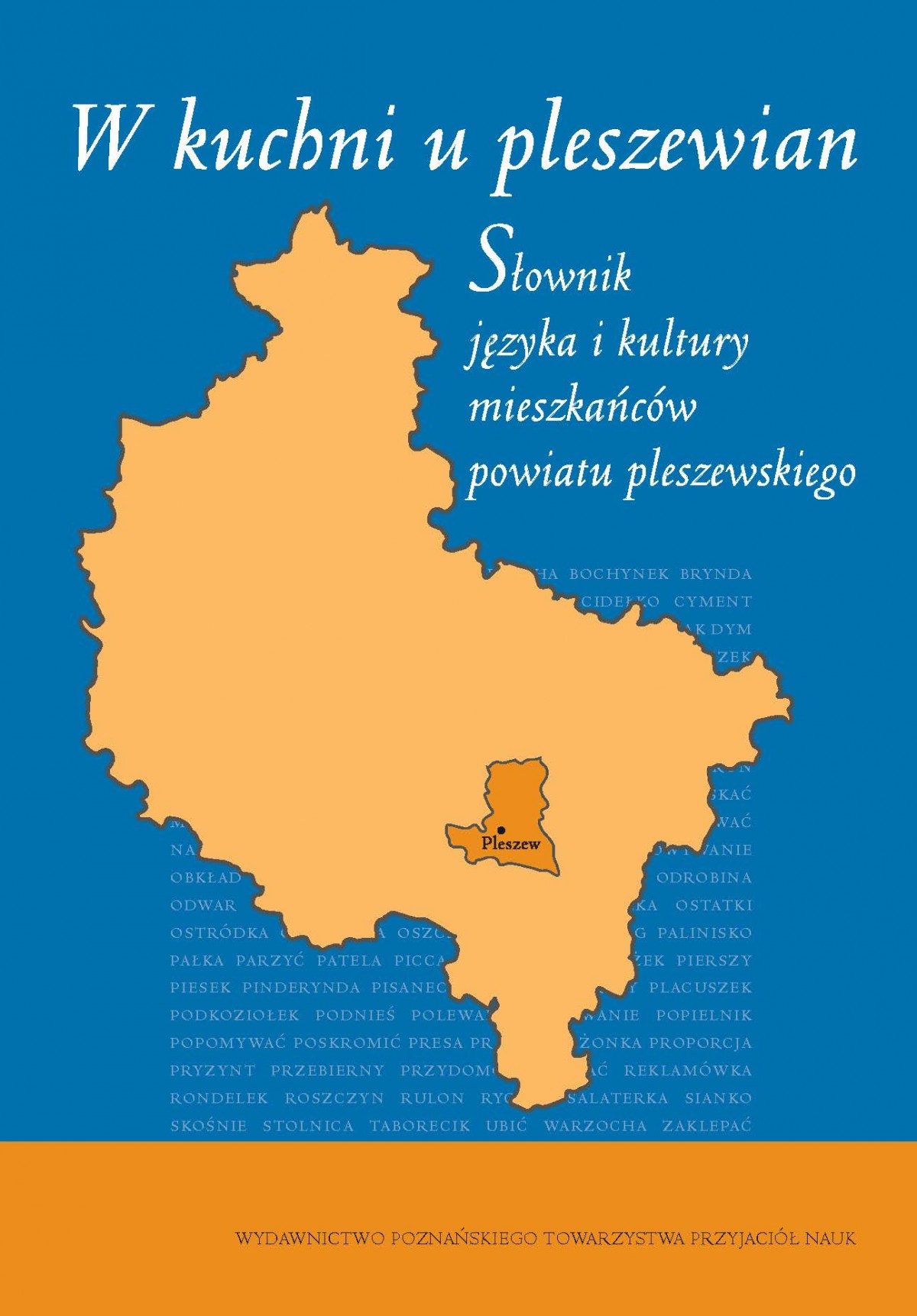Opis
This book presents an outline of the dialogical philosophy of style and it consists of three chapters. The first chapter, Literature and style, introduces the concept of philosophy as a story and presents an analogical approach to dialogue. According to Nietzsche’s The Joyful Wisdom, style constitutes a comprehensive, coherent outlook on life: living in harmony with oneself and the world. Following Genova, the signature and meaning-expressing conception of style are considered in comparison with Sontag’s approach to style from the dialogical point of view. The chapter ends with the concept of style as editing, and in this context I present the notion of attention in the sense employed by Weil. The second chapter, Attitude: Freedom And Flexibility, advocates establishing harmony with both oneself and with others, in accordance with the ideas of Thibon and Pronzato, and briefly examined styles of education. Integrity as a criterion of a refined style is based on the moral dimension. In consequence, coherence and clarity lead to an individual style that paradoxically excludes competition. The issues of spontaneity, originality and improvisation are discussed. The final question of flexibility – within the art of life, which is the art of war – is considered, since a fight for one’s style constitutes the greatest victory. The third chapter, Abundance and Joy, is about pluralism and presents creativity from a dialogical perspective, with special emphasis on Freire’s notion of “untested feasibilities” and on appreciation instead of appropriation. The issue of abundance is crucial to the proposed dialogical concept of style. Style as an important contribution to wisdom as a technology of the good life is discussed, and some examples of contemporary applications of the dialogical philosophy of style are presented.






